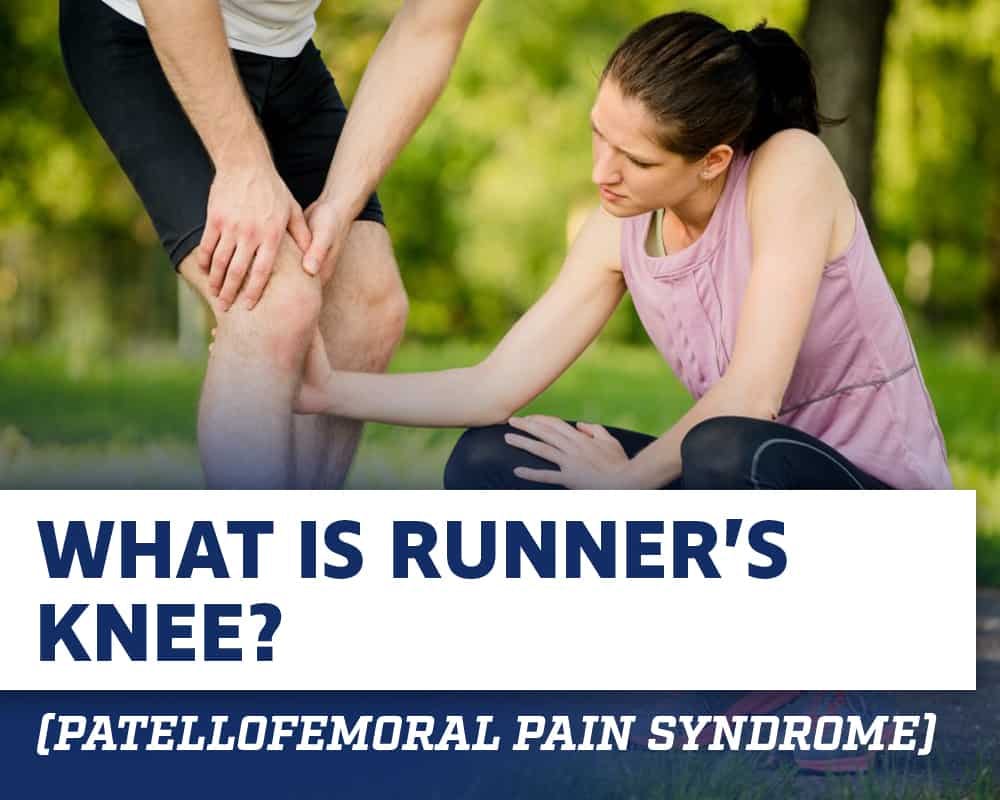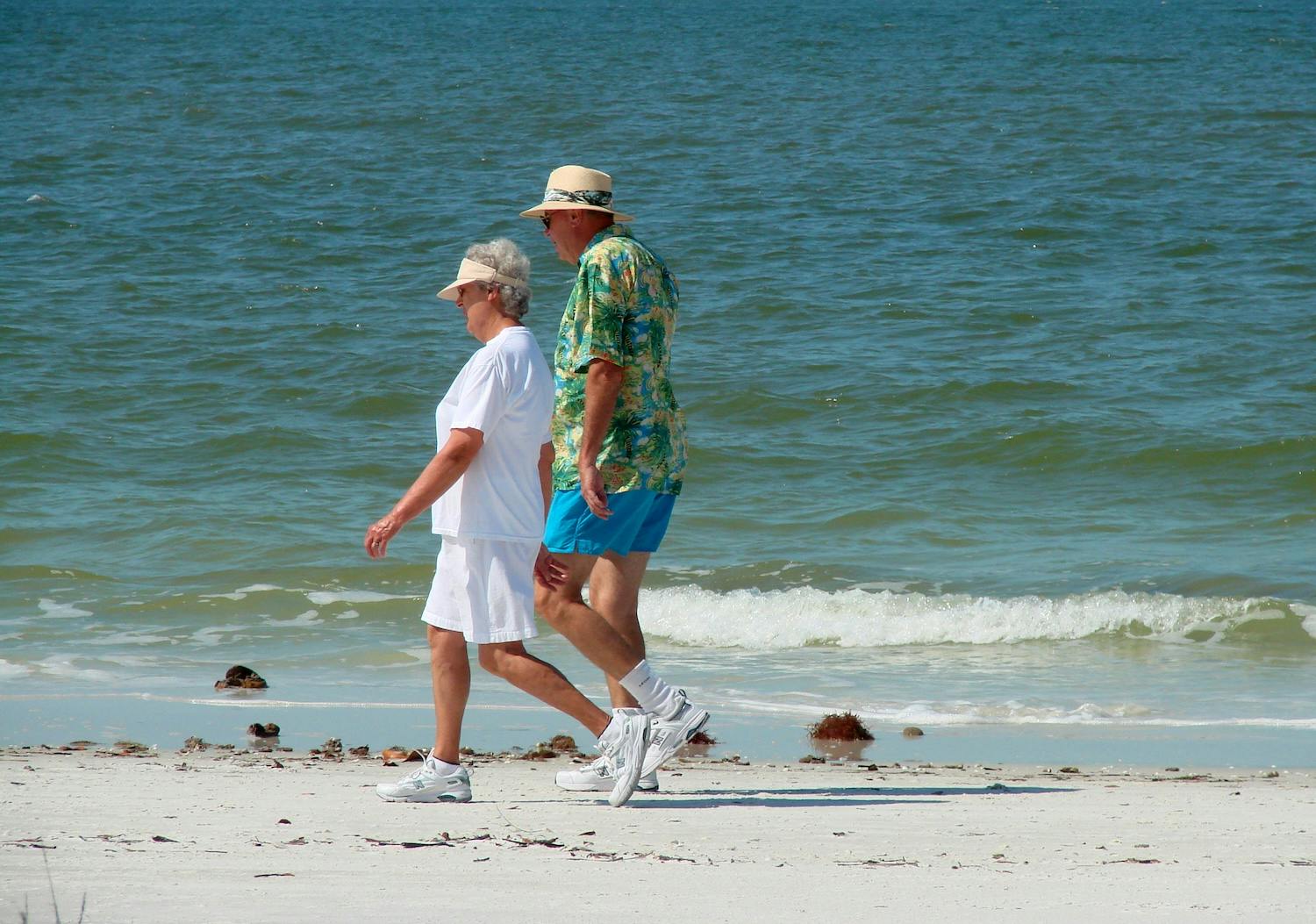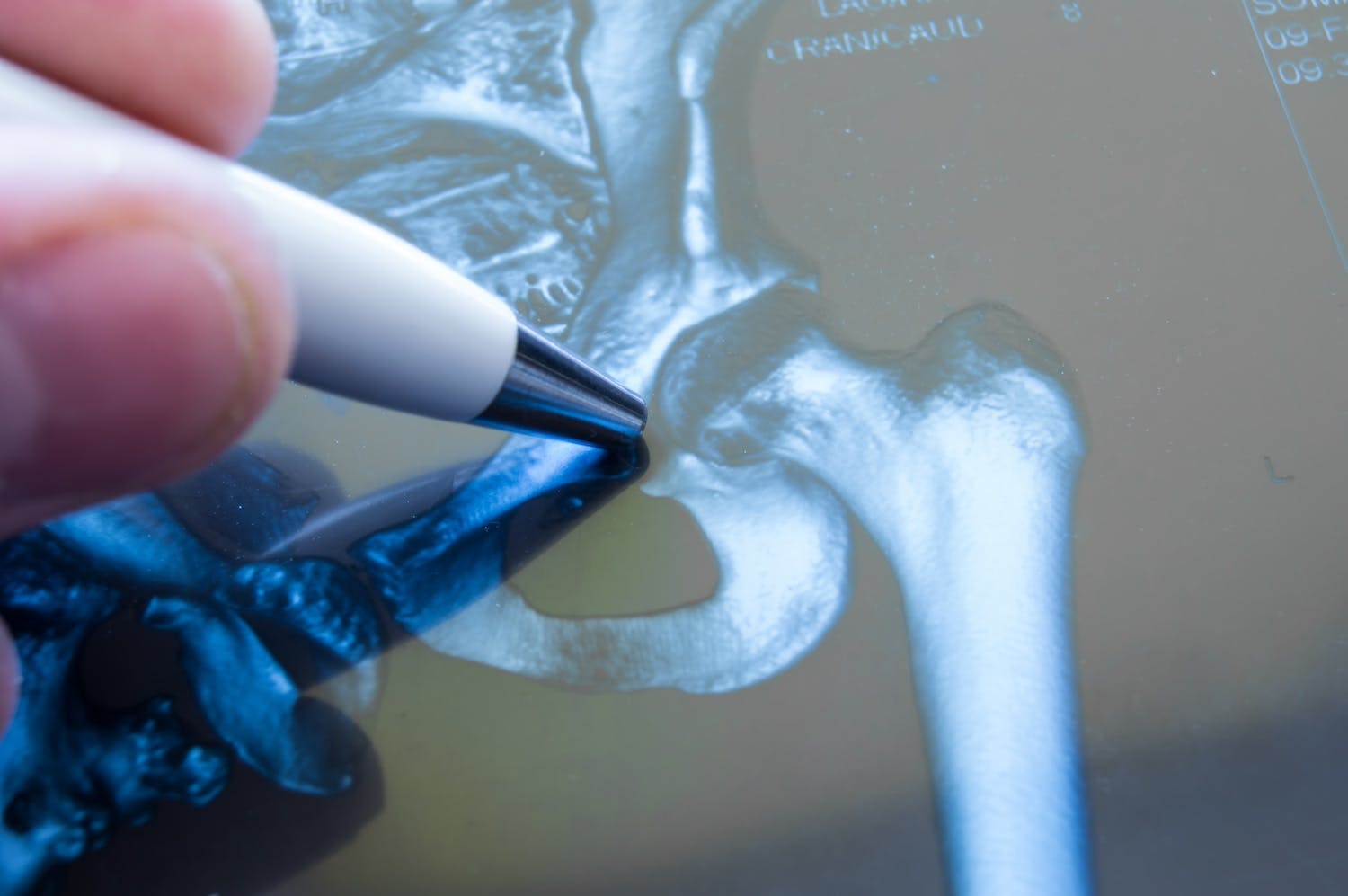- Blog
What is Runner’s Knee
Posted on 01-30-2026 in Common Knee Injuries by Dr. Chris O'Grady

Posted on 01-30-2026 in Common Knee Injuries by Dr. Chris O'Grady
Patellofemoral pain syndrome (PFPS), often referred to as runner's knee due to its prevalence among runners, is characterized by a dull pain that occurs around or behind the kneecap. While it's common among runners, it can affect anyone participating in an activity that requires repeated knee flexion, such as jumping, walking, or even biking. Here's a closer look at this common knee problem, the causes, common symptoms, how it's treated, and some helpful prevention tips.
Causes of PFPS
Pinpointing just one cause of runner's knee is difficult. PFPS may be a biomechanical problem, such as a high-riding patella within the femoral groove. Improper patellar tracking, leading to PFPS, can be caused by worn cartilage in the knee, which reduces shock absorption, flat or high arched feet, which offer less cushioning for knees, and tight or weak musculature. In some cases, it's simply the repetitive force that comes with running that can bring on an attack of PFPS.
The Common Symptoms
One or both of your knees may be affected by runner's knee. In most cases, it strikes recreational, young runners, and is more common among women than men. It's thought that women are more susceptible due to wider hips, which causes a greater angling from the femur to the knee, resulting in more stress on the kneecap. Some of the common symptoms of PFPS include:
For most people with runner's knee, uneven terrain, going up hills, or descending steps can result in increased pain to the knee.
Treating Runner's Knee
Using strengthening exercises to stabilize the kinetic chain is one of the best ways to treat the symptoms that come with runner's knee; in addition to leg musculature, strengthening the hips, abdominal muscles, and quadriceps can provide excellent results. Gait modification for runners may also prove useful for reducing the symptoms of runner's knee. Physical therapy is a great resource to provide appropriate exercises, gait training, and pain management techniques.
Prevention Tips
For individuals who haven't experienced runner's knee, stretching, stabilization, strengthening, and correcting improper gait can help prevent PFPS. Focusing on the core, hips, and quads can all be helpful to avoid runner's knee and many other injuries. If you're dealing with shooting or sharp pain, taking several days off can help prevent further problems. Running on softer surfaces, gradually working on adding hills to a running program, and avoiding drastic increases in running mileage can also prevent runner's knee. It's a good idea to visit a running shop to ensure you have the right shoes for your gait and foot type.
Why North Florida Bone & Joint Specialists?
If you try common treatments for runner's knee and continue to experience pain, you may need to be seen by an orthopedic surgeon that specializes in treating knee injuries. In some cases, runner's knee can share symptoms with other, more serious knee problems that require expert intervention. Dr. O'Grady, of North Florida Bone & Joint Specialists, specializes in treating all types of knee injuries and is skilled in the latest treatments and surgical solutions. Providing excellence in care and compassionate staff, North Florida Bone & Joint Specialists works to get every patient back on their feet. If you're dealing with persistent knee after conservative treatment, schedule an appointment today.

September is Healthy Aging Month, an observance dedicated to promoting the positive aspects of growing older and encouraging proactive steps toward maintaining long-term health. In its 33rd year, Healthy Aging Month inspires adults of all ages to focus on lifestyle habits that support vitality, independence and overall well-being.

Ischiofemoral Impingement (IFI) is a lesser-known but often painful condition affecting the hip joint. This condition arises when the ischium (a bone in the pelvis) and the femur (the thigh bone) come into abnormal contact, which compresses soft tissues surrounding the hip. While the discomfort typically manifests in the buttocks or groin, particularly when moving the hip or walking, it can also present as low back pain, making it challenging to diagnose early. Additional symptoms and causes include discomfort during prolonged sitting, reduced range of motion, stiffness and/or tightness in the hip area.

May is Arthritis Awareness Month, an opportunity to increase public understanding of arthritis and its impact on millions of lives. Established by the Arthritis Foundation, this national observance highlights the importance of early diagnosis, effective treatment, and ongoing research to improve the quality of life for those with arthritis.